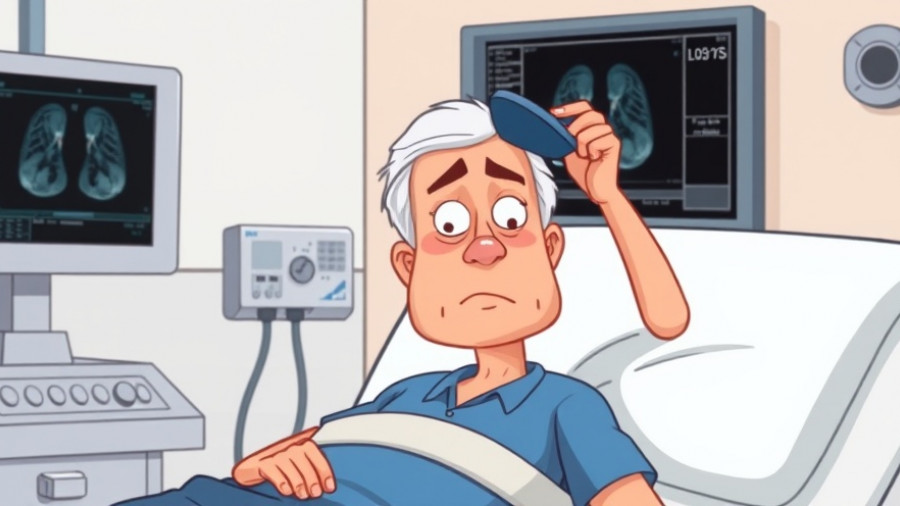
Understanding FMLA: What Every Parent Should Know
The Family and Medical Leave Act (FMLA) is a federal law designed to protect employees who need to take time off for significant medical or family issues. For parents who are balancing jobs and caring for their families, understanding how FMLA can support recovery efforts from substance abuse is crucial. With FMLA, eligible employees can take up to 12 weeks of unpaid, job-protected leave annually. Importantly, during this time, they can maintain their employer-sponsored health insurance.
Can FMLA Help You During Rehab?
Absolutely! If you're a parent battling substance use issues, it's essential to know that FMLA allows you to take leave for addiction treatment without the fear of losing your job. This law classifies substance use disorders as a serious health condition, thus granting you access to job-protected leave if you have the proper documentation from a licensed doctor stating the need for treatment.
Just remember, FMLA only covers leave for formal treatment programs and not for any time you may have missed due to the direct effects of your substance use; this can include hangovers or feeling ill from substance use.
Steps to Access FMLA for Rehab
If you are seeking to use FMLA for substance abuse treatment, you will need to follow some specific steps. First, schedule a visit with a licensed healthcare provider who specializes in addiction. They will assess your situation and provide a diagnosis of your substance use disorder if applicable. This diagnosis is vital because you'll need to submit it to your employer when requesting FMLA leave.
After obtaining your diagnosis, you will also need a formal referral from your doctor recommending rehabilitation. This documentation is necessary not only to validate your leave request but also to ensure that your treatment is received at a licensed facility.
Preparing for Your Leave: Important Considerations
As a parent using FMLA, it's vital to plan ahead. Inform your employer of your leave as soon as you have the necessary documentation. Most importantly, communicate openly about your need for the leave without having to disclose personal details about your treatment. Remember, job protection means that your employer cannot penalize you for taking legitimate medical leave.
Additionally, think about how your absence could affect your family and work responsibilities. Use this time to create a supportive network around yourself, such as asking for help from family members or friends during your recovery process.
The Importance of Support During Recovery
While FMLA offers vital job protection, the path to recovery requires more than just time off work. Seeking support through groups such as Alcoholics Anonymous or Narcotics Anonymous can provide a community of understanding that is crucial to your healing process. Moreover, participating in outpatient treatment or counseling can help reinforce the skills needed for long-term sobriety.
Frequently Asked Questions about FMLA and Substance Abuse
Can I take FMLA for someone else’s treatment?
Yes, eligible employees can take FMLA leave to care for a family member undergoing addiction treatment.
Is my job guaranteed when I return?
Yes, FMLA guarantees that you will be reinstated to your job or an equivalent position with the same salary and benefits after returning from your leave.
What if I work for a small company?
FMLA applies only to employers with 50 or more employees within a 75-mile radius. However, some states have their own family and medical leave laws that may be more inclusive.
Taking the Next Step in Your Recovery Journey
Understanding your rights under FMLA is crucial for any parent seeking treatment for addiction. Arm yourself with the knowledge and take action to prioritize your health. Recovery is possible, and with the right support, you can successfully navigate your journey without the fear of job loss. Taking that leap to seek help is one of the bravest decisions you can make for yourself and your family. If you or a loved one are grappling with substance abuse, please reach out to a treatment center today.
 Add Row
Add Row  Add
Add 




Write A Comment